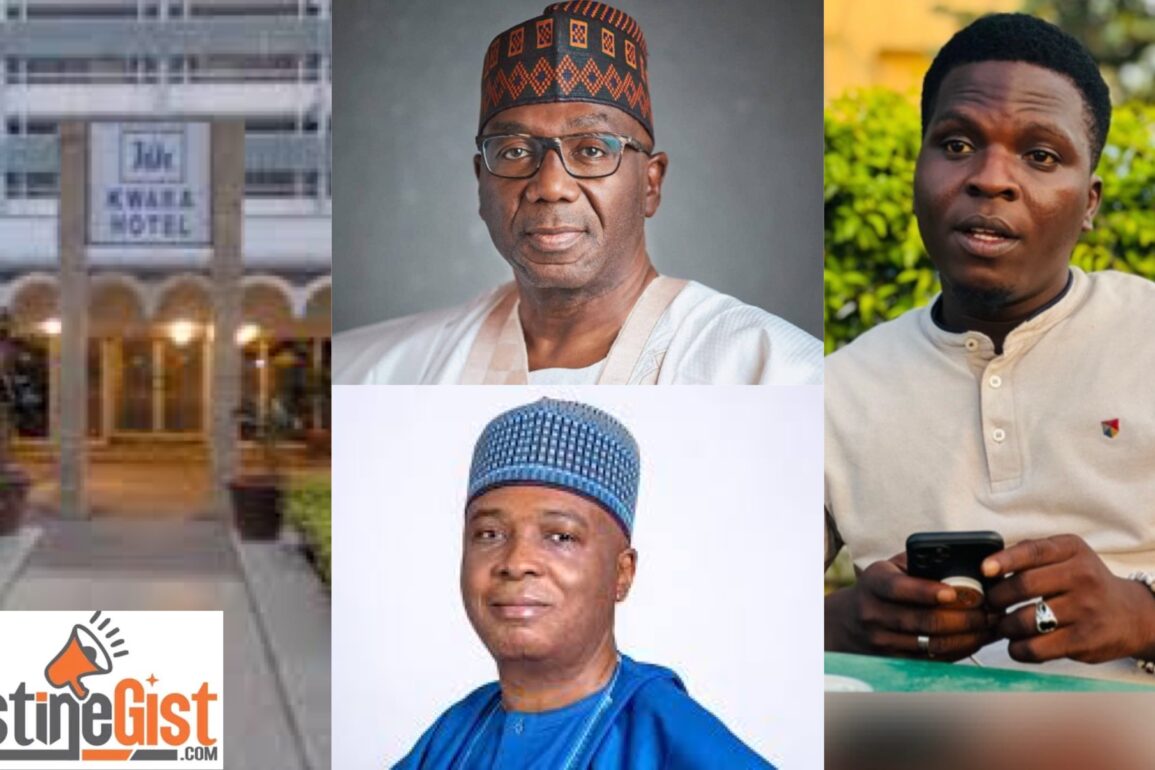In a recent twist of events, the Kwara state government’s decision to award a 17 billion Naira contract to Craneburg, a Lebanese company, for the remodeling of Kwara Hotels has ignited heated debates among Kwarans.
Ibrahim Sheriff, popularly known as Sherif Gold, provides a unique perspective, emphasizing a nuanced analysis devoid of political bias today 29th of December 2023.
“The thrust of my opinion is not the political rigmarole or underlying contending interest of individuals,” asserts Sherif Gold, redirecting attention to a more substantive issue-based discussion.
Gold insists on a comprehensive understanding of the project’s scope, suggesting that the Bill of Quantity should guide assessments rather than uninformed judgments.
“Justification of whether or not the N17 billion earmarked for the project was bogus or not should be analyzed from the perspective of the scope of work,” he affirms.
Taking a historical turn, Gold draws parallels between the current hotel renovation and past government actions. “In 2011, after serving as Governor for two terms and elected as Senator, former Senate President Abubakar Bukola Saraki got a whopping N252 million from the Kwara State Government,” reveals Gold, underscoring the economic changes over the decade.
Challenging critics who deem the renovation fund extravagant, Sherif Gold contends, “The AbdulRazaq-led Kwara state government is spending about N90 million on every room in Kwara Hotel, as if the facility housed only rooms.” He emphasizes the return on investment and the potential benefits of repositioning Kwara Hotels.
In closing, Sherif Gold defends the government’s investment, urging critics to consider the historical context and economic factors involved.
“If they try hard to disorientate the people about how they arrogate our common patrimony to themselves, we will not stop revisiting history and drawing logical inferences that will justify the essence and manifestation of Otoge, notwithstanding its challenges,” concludes Gold.
The article encourages a measured evaluation of the project’s merits, echoing the sentiment that the Kwara of today is moving beyond its past challenges, even in the face of present controversies.



